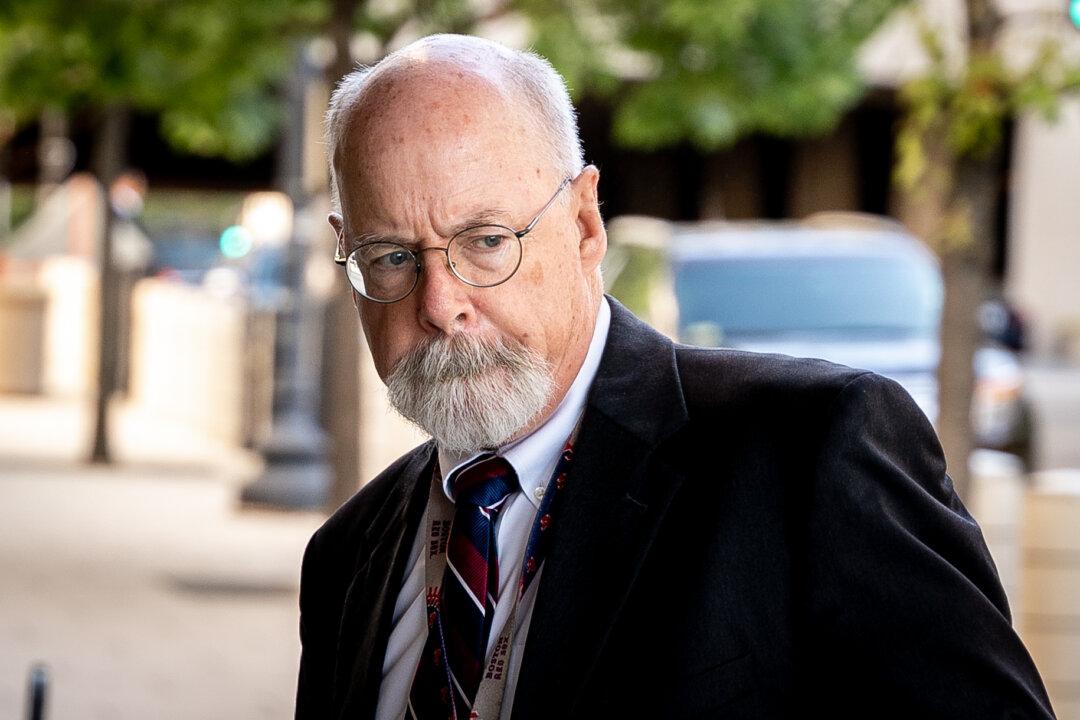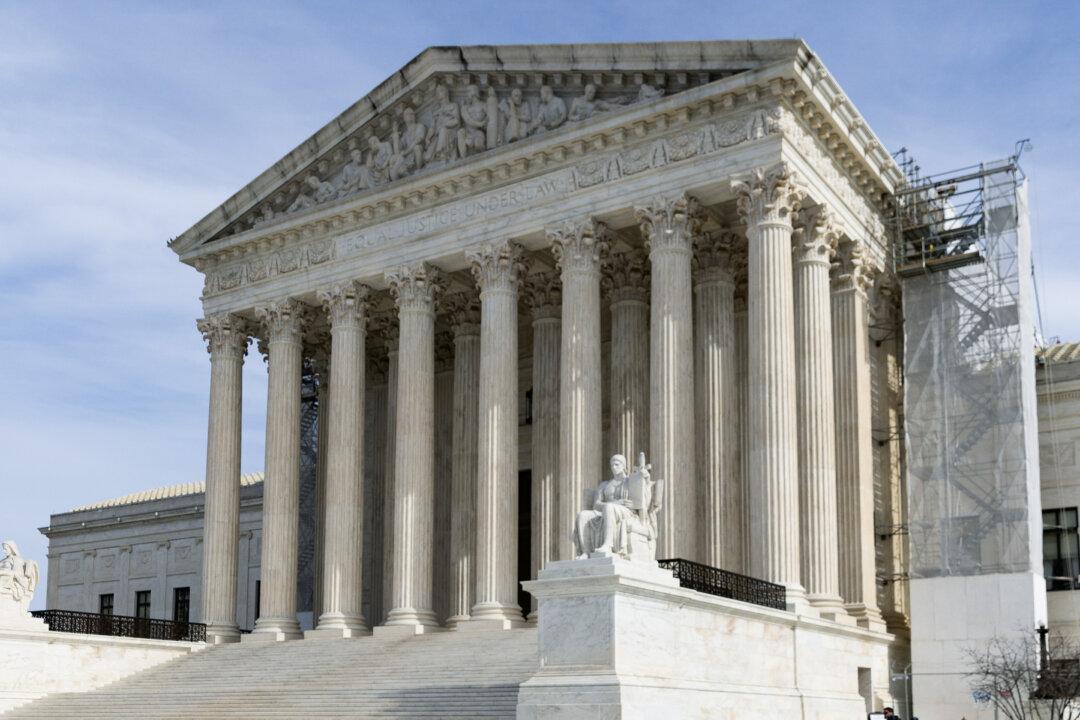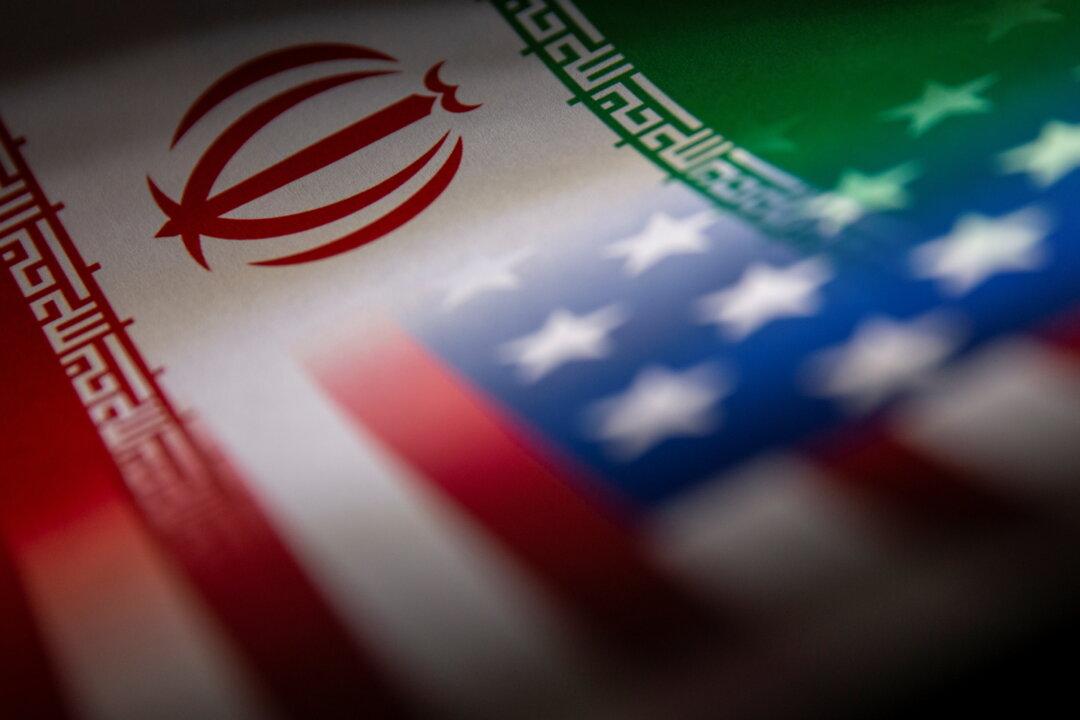Commentary
Special Counsel John Durham’s report represents a trifecta of indictments. First and foremost, it’s a direct indictment of our national security and law enforcement apparatus, suggesting it’s plagued by unfathomable levels of rot and corruption at the highest ranks. Second, it’s an indirect indictment of our justice system. Third, through the special counsel’s own sins of omission and commission, the report serves as an indictment of the special counsel itself.





